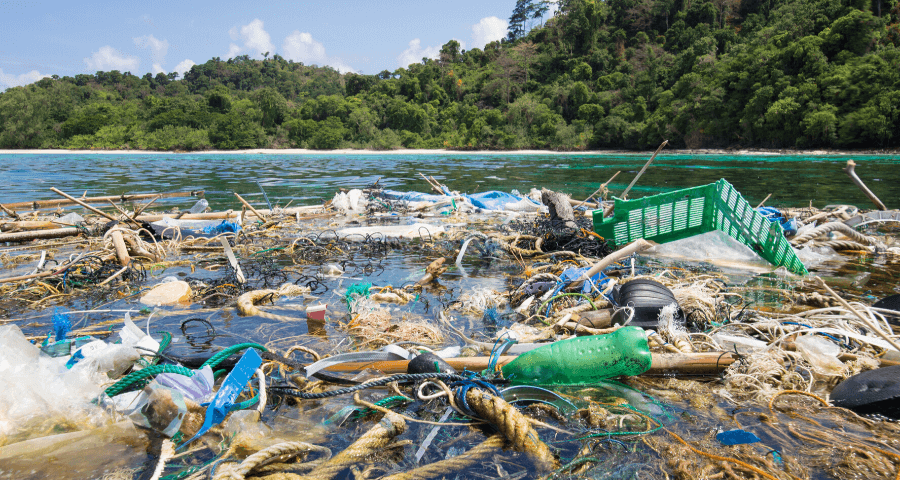Keeping pet food packaging out of our oceans
Plastic is everywhere, and whilst plastic may have made our lives more convenient, it is also polluting our planet at an alarming rate. An estimated eight million pieces of plastic make their way into our oceans every day. At this rate, plastic is estimated to outweigh all of the fish in the sea by 2050.
As you can imagine, this has a devastating impact on wildlife, with more than one million seabirds and 100,000 marine animals dying every year as a result of them eating or becoming entangled in plastic. Some studies estimate that over 55% of the planet’s whale, dolphin and porpoise species have consumed plastic.
Unfortunately, pet owners may be unwittingly contributing to this crisis. The soft plastic packaging that pet food commonly comes in is highly likely to contribute to environmental pollution if not properly recycled. The problem is that unlike bottles, cans and other common household recyclables, plastic pet food packaging – often referred to as ‘soft plastics’ – are often not accepted for curbside collection by local councils, and so they tend to get disposed of with the rest of a household’s general waste.
But plastic pet food bags and pouches can actually be recycled, and with little more effort than taking your recycling bin out each week. REDcycle in Australia and Soft Plastic Recycling in New Zealand provide dedicated bins at local supermarkets to collect and recycle this particular type of plastic.
Not only will recycling your pet food packaging at one of these bins prevent it from making its way into our oceans, but the plastic is also then processed into useful new items such as school desks, park benches, fence posts and more.
So remember, don’t bin your pet’s empty food packaging, recycle it at your nearest supermarket.

